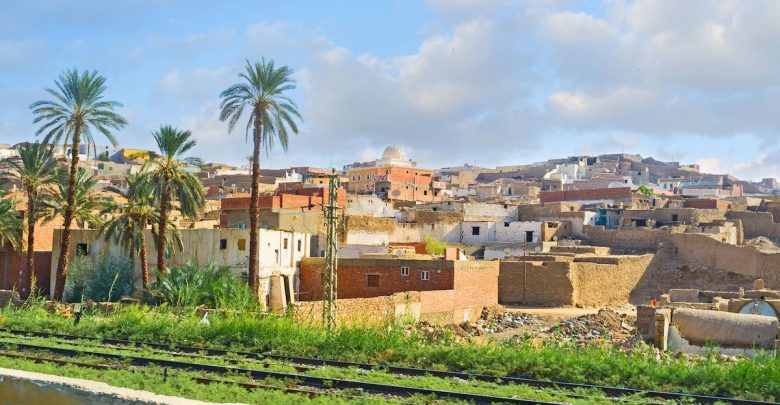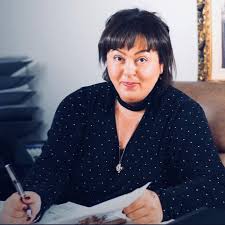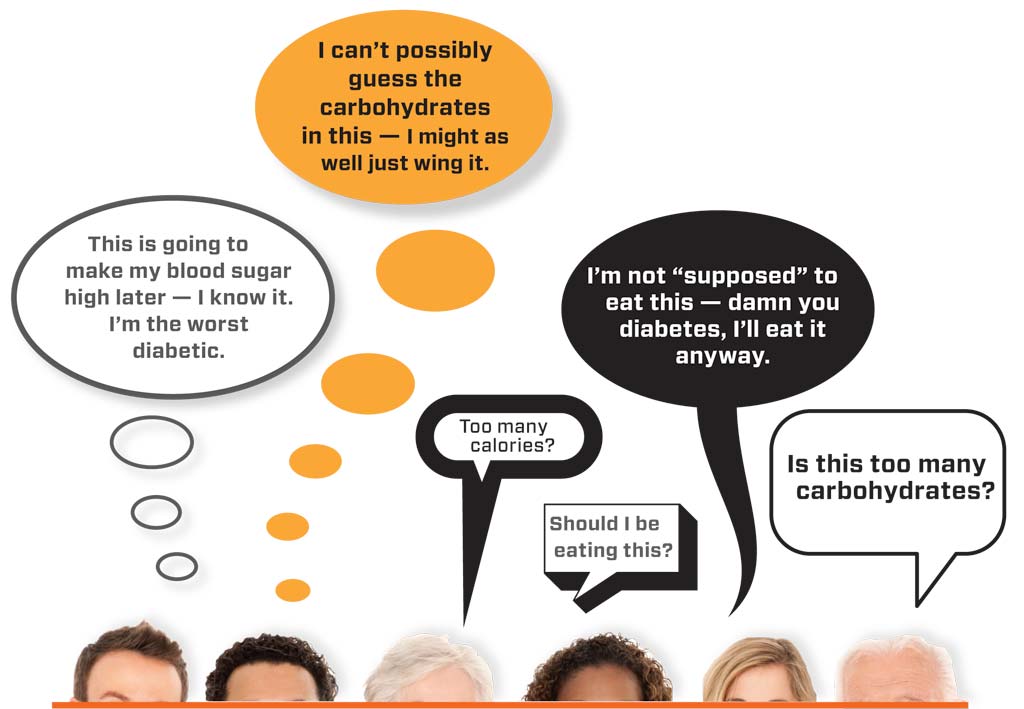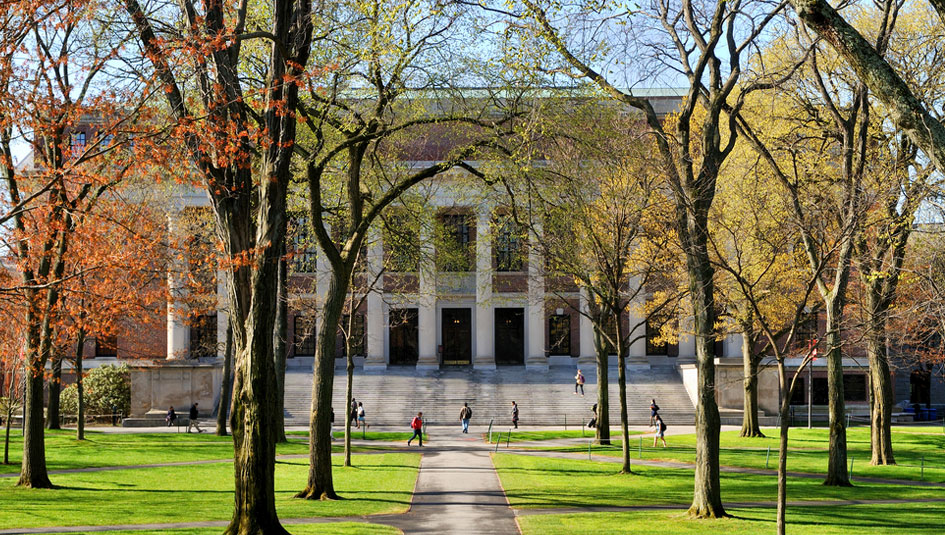T1D Odyssey from North Africa
At five years old, I was already planting and cultivating my dad’s land, in North Africa.

I was originally born in Canada and left at five years old to go to North Africa with my father. He couldn’t get around so he believed being in his homeland would be easier.
At five years old, I was already planting and cultivating my dad’s land, in North Africa. We didn’t have breaks. Our monthly pay was equal to $5.00 Canadian.
I never knew what a roof felt like. Acutely malnourished, I still felt fortunate.
At seven years old, I was promoted to walk four miles going and four miles back, to take groceries to the Mayor of our village.
I was exhausted, thirsty, hungry, and hot. My typical days were from 6:00 am to 9:00 pm. I counted my meals; one a day was enough to satisfy me. Usually bread and salt or when we would make a tip here or there, bread with sugar.
Compassion didn’t resonate much in our village. I couldn’t take a day off at seven years old. The punishment was physical and embarrassing.
At nine years old, I was amazed at my first birthday gift, a roasted chicken! Indeed, it was my first time tasting poultry.
At ten years old, I began losing consciousness — fainting, losing sensation in my toes — No one knew what was the matter with me. It was one episode after another.
Doctors were not only expensive but out of reach. The closest was 120 km from the village. Finally, a neighbor was courageous enough to get a nurse, who was his distant relative, to come to our little tiny roofless room.
“She’s on the verge of Diabetic coma,” he said. He said that I must get transferred to a hospital immediately, or I would die.
My father was panicking. I remember the events vividly, although I was weak, and out of breath.
I recall a small house, with a medic. It was very humid and hot. I remember falling into a long sleep and to my mother’s voice comforting my waking dream.
It was official: Diagnosis of T1D, an incurable condition that is relentless in its need to be managed, every hour of every day, for life. It was a difficult physical condition, yet what others didn’t grasp, is the emotional, exhausting psychological burden of living with type 1, that is every bit as tough as the medical.
Every month, our villagers would gather some money to cover the cost of my insulin. It was never enough. I understood “nothing” about Diabetes. I didn’t know what to do. I knew what to eat because it was the same every day; salted bread with beans and contaminated water. I don’t know how God made me get through this phase, but I made it to a certain degree.
At the age of twelve, I decided to leave the village and become wealthy so that I could care for my disease. It was a mission of mine. My father had taken all the identity of my place of birth because he didn’t want me to leave his sight. Escaping was my only way. For years afterward, I fought with the Embassy to get a new passport. My father was unreachable and unwilling to let me go.
Today, I have lived with Type 1 diabetes for over 27 years. I did not get diabetes because I ate too much sugar or because I should have exercised more.
I have type 1 diabetes because essentially the cells in my body attacked themselves.
As I grew older, and after having more than 100 odd jobs to pay for my education, I was increasingly frustrated that my body had attacked itself. It validated the whispers from my depression and anxiety, that I was difficult to love. I felt that my body didn’t love a part of itself and destroyed that part of me. In many ways, my carefree and life, died the day of my diagnosis. I can’t say that I’ve been like any child with medical care. I was insanely destitute and broken. Organizing medical equipment, testing blood, measuring food and adjusting doses of insulin, was never a part of my daily routine. My life was exclusively illness!
Graduating from high school was a victory that I achieved despite poverty, war and famine, I still had to sit out of lessons to regain my energy, should my sugar drop or rise. Hypoglycemia was frequent for me. My exams were problematic as the stress sent my levels sky-high, with profound effects on my ability to concentrate, but I was determined. I was a fighter. I didn’t want to die knowing I could’ve made it.
Managing my disease was notoriously difficult, and incredibly demoralizing. No matter how hard I tried, I always failed to keep my blood sugar levels constant and in range for any length of time. I no longer needed the one month supply of test strips the clinic gave me to check my glucose. It was an internal feeling. When my levels were high, I would get bloated, and my heart rate would get rapid. I would lack energy, get extremely dehydrated and lose any interest in life. And when it would drop, I also knew my symptoms. It was a learning phase in my life. I needed to listen and understand the signals my body was giving me.
My life was unpredictable. Working two physically demanding jobs and studying was a war I was fighting, combatting to stay alive. From fainting in the middle of the street to finding myself in a stranger’s home to stealing chocolate bars from a store because I didn’t have money…I wanted to survive. I wanted to change. I merely needed one chance.
Any activity at work, resulted in my levels shooting up, which made me dreadful, whereas at another time, caused them to drop so low that my blurred vision, uncontrollable shakes and inability to walk were just a cherry on the top.
I had no support. I was fighting my own body. I was exhausted.
Although, I took on this massive and relentless burden of responsibility with patience and good humor, underneath I’ve yearned for a cure so I can live the life that most people take for granted.
I was angry. Angry that my body didn’t entirely love itself. Angry that I never had a day off. I felt like my body was punishing me. It was as though it was lashing out because I freely offered my love to those around me, without getting the same love from myself. As resilient as I am, I’ve never discussed my pain. Remaining mute was a habit.
Some may not understand how being diagnosed with an autoimmune disease can feel like validation to anxiety and depression.
Bullying and discrimination were a big part of my life. But those who did cause me this pain, were not there when I felt this frustration intensify as my blood sugar went low and refused to come up to a normal level.
I felt I was dying on those days when my brain was starting to lose its fuel because I was dying. I felt irritation and defeat in the middle of the night when I would awake with a rapid heartbeat and sweat. I did not know what my next step would be. I was embarrassed on the days when I could barely get out of bed, but I had to because I had to work to stay alive.
I was frustrated when people would tell me that it could be worse, that I could have “such and such disease.” I knew that while it could be worse, that did not mean that my disease was any less.
- It did not mean that I, and other T1D people, did not or do not struggle to stay afloat.
- It did not mean that I could not be a hindrance despite not having a day off since the age of 5 years old.
- It did not mean that I did not worry about how much insulin I was taking, because too much or too little was incredibly dangerous.
It did not help when people would say that they wouldn’t be able to do it. When they would say that they wouldn’t be able to give themselves daily injections or deal with blood. Did they think I had a choice?
No, I didn’t have a choice; not if I wanted to stay in this world.
After years of fighting poverty, contending with my disease and battling a war, I am honored to have graduated with a Ph.D. in Political Science from England. I have lived in nine different countries, and I am still learning every day and mentoring others about the true meaning of self-worth and the essence of never backing down.
 I was able to leave North Africa because I had saved enough money by myself for my air flight back to Canada. Canada has helped me tremendously. Here I was finally able to spot a bright light along the tunnel of recovery.
I was able to leave North Africa because I had saved enough money by myself for my air flight back to Canada. Canada has helped me tremendously. Here I was finally able to spot a bright light along the tunnel of recovery.
Today, I am married and have a beautiful son.
Nowadays, I am fighting to persuade the government to commit more funding to research. It would make economic sense: the cost of type 1 diabetes in Canada alone is nearly $3 billion a year and is set to rise to more than $5 billion by 2035. Cases increase by 4% year on year (more for those under five years of age), and our children need intensive intervention for the rest of their lives.
I am grateful that insulin was developed 90 years ago because it keeps our children alive. Keeping them alive, however, is all that it does.
I wish for no one to ever walk in my sandals (no shoes back then).
My message to everyone fighting T1D — You live every day, and you only die once.
Many say: You only live once, so you may as well enjoy it. For me, this is not true.
You do not live once. You live each and every single day.
Dr. Mansour is Vice President of an International Investigation firm, with locations in Canada as well and Chairwoman of AL M’ADINA FINANCIAL, an international Investment trading firm, with locations in Canada. She is licensed as a senior criminal investigator in Canada. In 2018, Dr. Mansour ran for Mayor of Niagara Falls, Canada. Linkedin Bio







